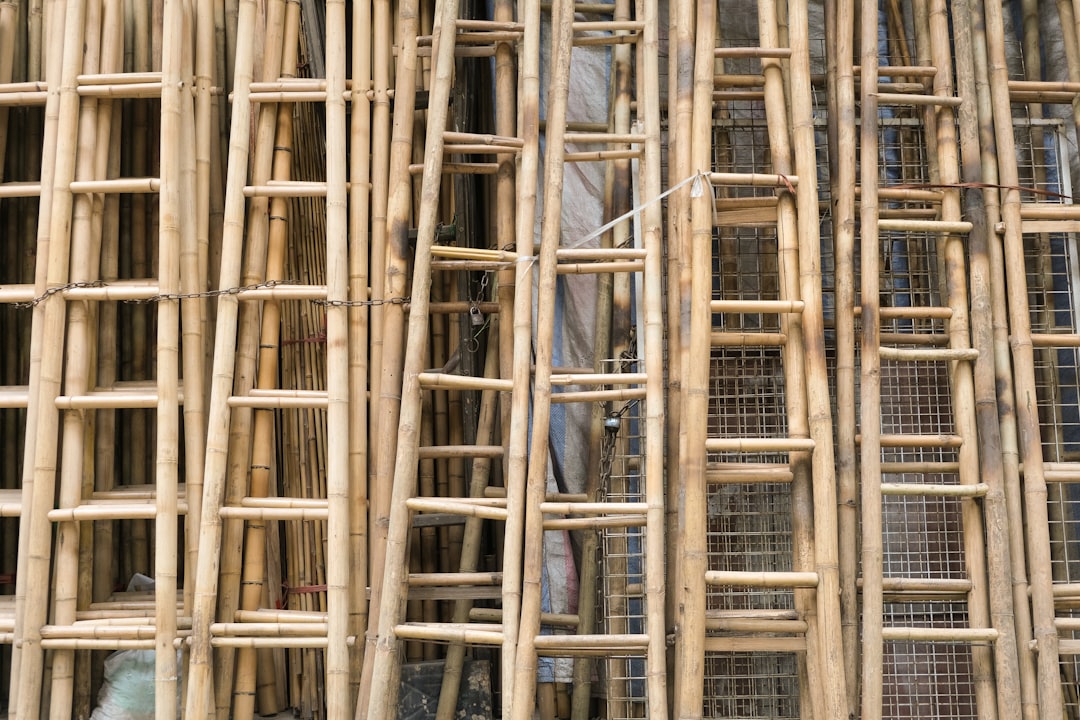Bamboo Flooring Installed Cost Guide for Professionals
Price source: Costs shown are derived from our proprietary U.S. construction cost database (updated continuously from contractor/bid/pricing inputs and normalization rules).
Eva Steinmetzer-Shaw
Head of Marketing
Bamboo Flooring Installed Cost: A Comprehensive Guide for Trade Professionals
For construction professionals considering bamboo flooring, understanding the full installed cost is crucial. Current estimates place the cost between $7 to $20 per square foot and $7 to $20 per square foot per square foot, including materials, labor, and additional factors. This guide breaks down the key cost drivers to help you budget accurately and avoid unexpected expenses.
Why Bamboo Is Popular in Construction
- Renewable resource harvested in 5-7 years
- Comparable hardness to red oak when strand-woven
- Versatile styles suitable for various aesthetics
- Competitive pricing compared to hardwood
National Price Overview
Most projects range from $7 to $20 per square foot per square foot. Entry-level options may be as low as $2 to $8 per square foot, while premium choices can reach $7 to $20 per square foot. Factors influencing costs include:
1. Bamboo Product Type
- Solid Horizontal/Vertical: $3 to $6 per square foot per square foot
- Strand-Woven: $5 to $10 per square foot per square foot
- Engineered Click-Lock: $2 to $5 per square foot per square foot
2. Subfloor Preparation
- Self-leveling compound: $1 to $2 per square foot per square foot
- Moisture barrier: $1 to $2 per square foot
- Repairing squeaky plywood: $3 to $8 per square foot per joist bay
3. Layout Complexity
Complex layouts increase labor costs. Use tools to detect cut lines and adjust estimates accordingly.
4. Trim and Transition Pieces
Costs range from $5.70 to $8.95 per linear foot per linear foot. Consider factory-finished trims to save on labor.
5. Disposal and Site Logistics
Disposal costs add $1 to $4 per square foot per square foot. Consider logistics for high-rise installations.
6. Regional Labor Variances
Labor rates vary by location. Use local data to ensure accurate estimates.
Sample 400 Sq Ft Living Room Budget
- Strand-woven click-lock planks: $3,400 for 250 sq ft (~$13.60 per sq ft)
- Premium underlayment: $3,400 for 250 sq ft (~$13.60 per sq ft)
- Labor: $3,400 for 250 sq ft (~$13.60 per sq ft)
- Baseboards & transitions: $3,400 for 250 sq ft (~$13.60 per sq ft)
- Disposal & logistics: $3,400 for 250 sq ft (~$13.60 per sq ft)
- Total: $3,400 for 250 sq ft (~$13.60 per sq ft) or $13.60 per square foot per square foot
How to Ensure Accurate Estimates
- Use voice-to-estimate tools for real-time updates
- Sync with live material pricing
- Utilize AI for blueprint takeoffs
- Generate quotes and invoices efficiently
Cost-Saving Tips
- Schedule during off-peak seasons
- Choose wide planks to reduce labor
- Reuse existing baseboards
- Order appropriate overage
- Bundle projects for discounts
FAQs
Q: How long must bamboo acclimate?
A: 48 to 72 hours in the conditioned space.
Q: Can bamboo be refinished?
A: Solid and strand-woven can be sanded 2-3 times.
Q: What about radiant heat?
A: Engineered bamboo performs well with heated slabs.
Case Study: Efficient Bamboo Flooring Installation in Fort Worth
A Fort Worth project involved replacing 650 sq ft of carpet with bamboo flooring. The process was streamlined using advanced tools and resulted in a successful installation ahead of schedule.
Process Overview
- Voice Intake: Detailed estimate generated during a call
- Blueprint Upload: Auto-scaled and waste calculated
- Real-Time Pricing: Material costs updated instantly
- Installer Match: Certified crew sourced quickly
- Dynamic Change Orders: Adjustments made seamlessly
Results
- Final Cost: $3,400 for 250 sq ft (~$13.60 per sq ft)
- Project Duration: 3.5 days
- Customer Satisfaction: 5-star review
Key Takeaways
- Automated processes save time and money
- Transparency builds trust with clients
- Local data ensures realistic budgeting
For more information, visit CountBricks.com.

